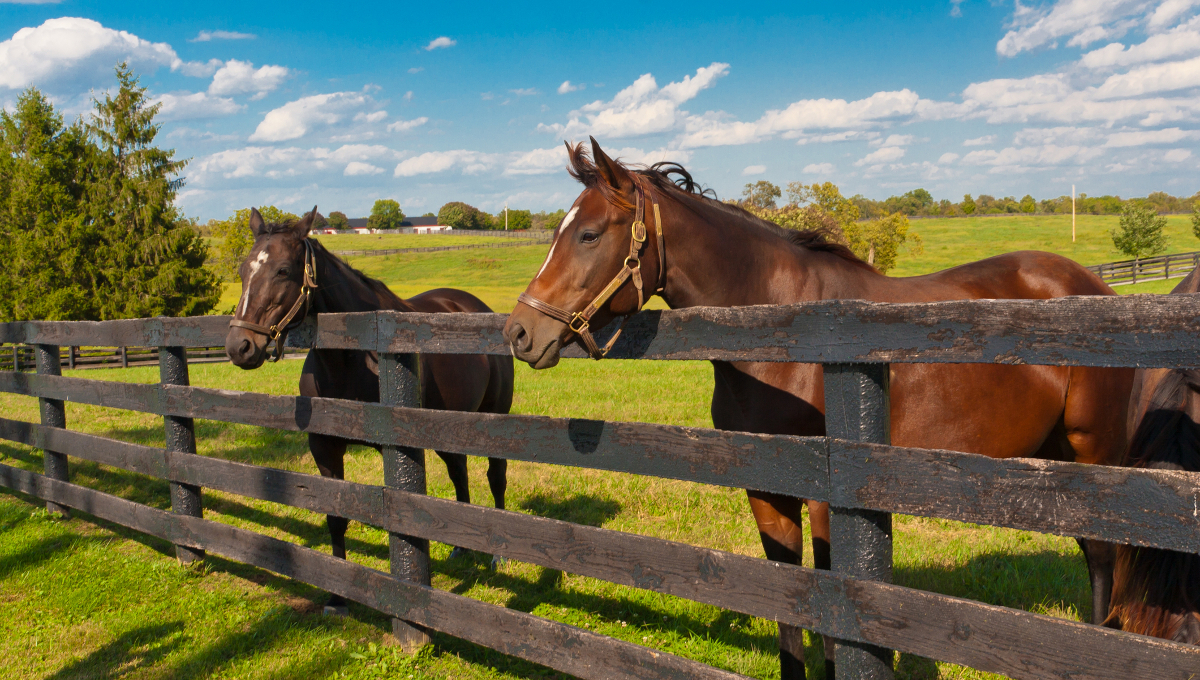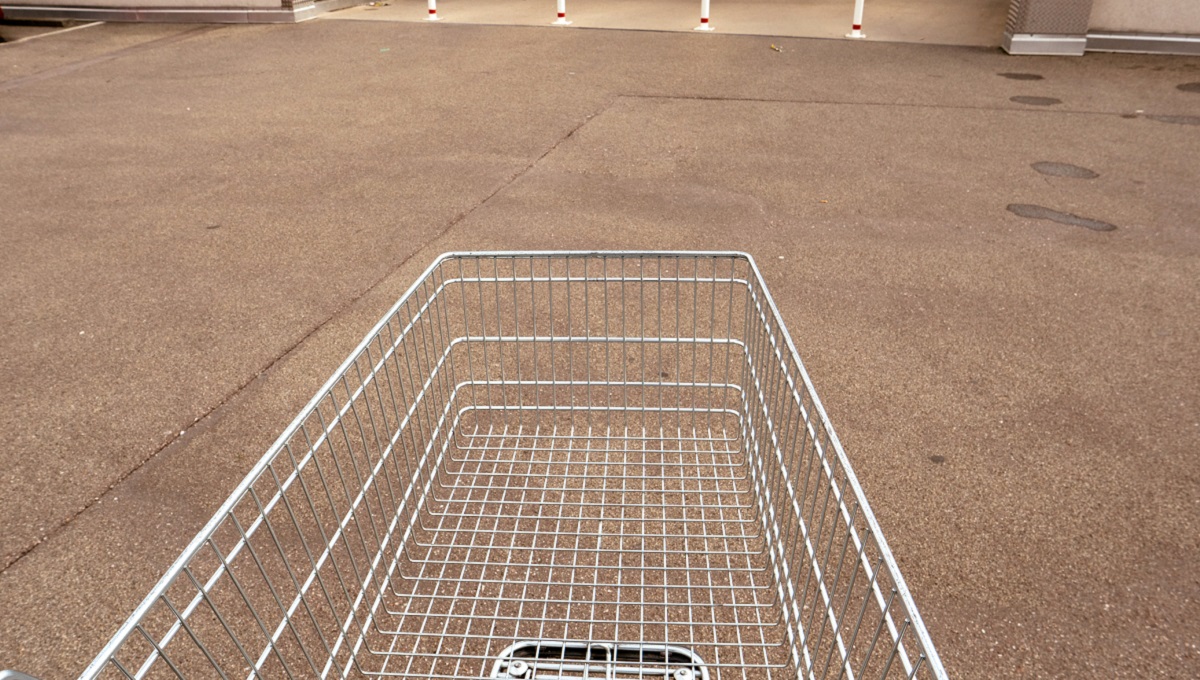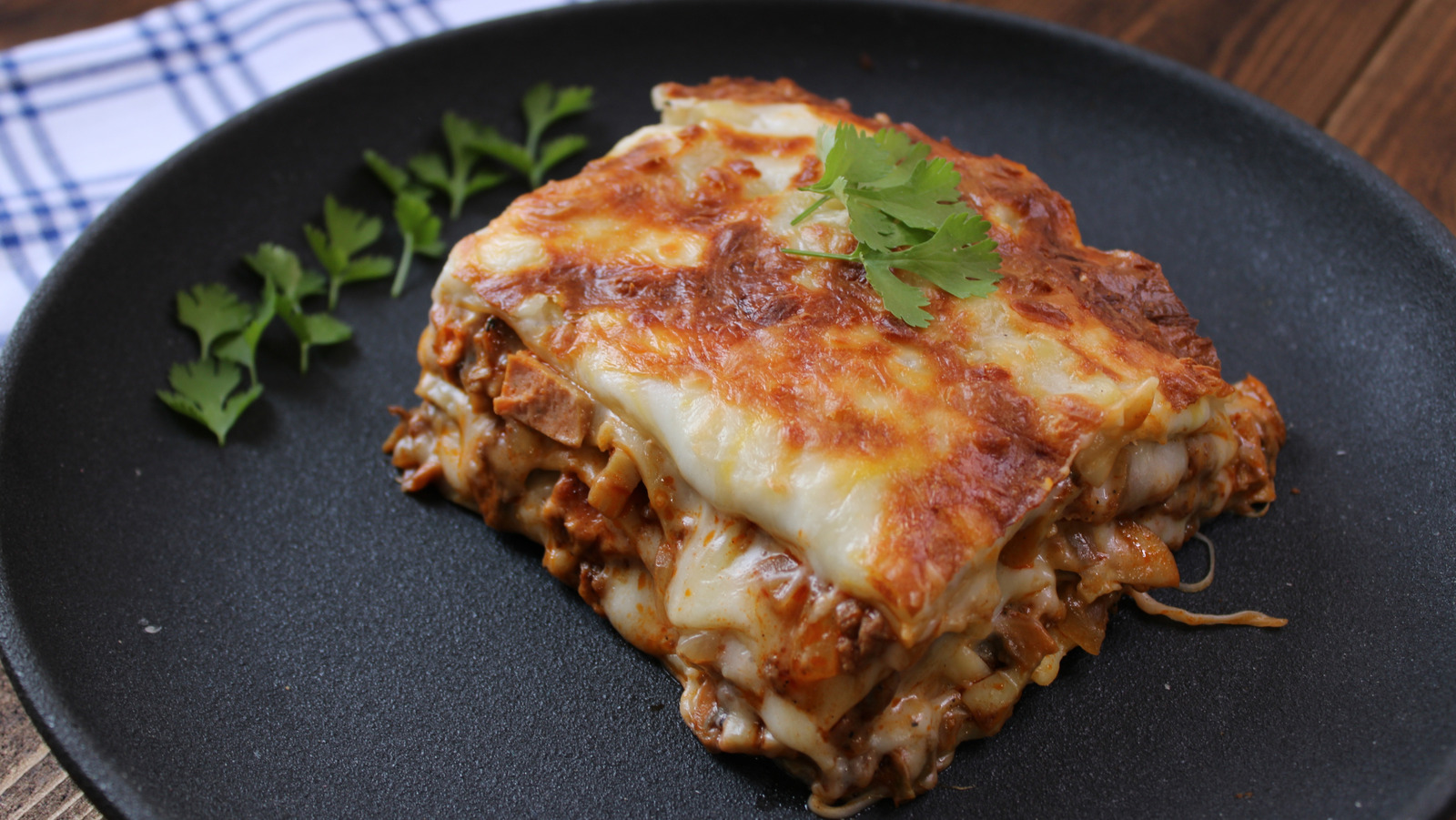
Agriculture, like all industries, changes.This provides opportunities that were not available in the past.If you would have asked Dan Brown’s grandparents 78 years ago if their grandson would be growing grapes and making wine, they would have laughed.
But that is how agriculture has evolved.The Brown family farm started in 1947 when Dan’s grandparents Carl and Mary Brown left their Buttonwood Street residence in Reading and became Maidencreek Township farmers. Originally, the 94-acre property raised pigs and chickens, eventually adding dairy cows.

When Carl and Mary’s son David graduated from high school, the construction of two silos allowed for expansion of the dairy herd. Change occurred again in the ’90s when milk prices dropped, the cows were sold and income focused on crop production and sweet corn. At its peak, 12 acres of sweet corn were supplying Redner’s Markets and restaurants like the Crab Barn and Austin’s.
The last change started in 2010 when Dan decided to plant the first vineyard and focus on grape production with the intent to grow grapes for other wineries. In 2015, that plan again changed when Dan and wife Jaime obtained a winery license and started selling at the West Reading Farmer’s Market.Deerfoot Winery added a tasting room at the farm as well as a satellite location in Lancaster.
At the peak of season, sales are conducted at seven markets as far away as Carlisle in Cumberland County and Philadelphia. Jaime is in charge of over 400 blueberry bushes for pick-your-own blueberries and producing blueberry wine.When asked why they preserved the farm through the Pennsylvania and Berks County Agricultural Land Preservation Program, Dan said: “My grandparents felt strongly about farmland preservation.
Our farm was application 001 for Berks County, but because our farm was not the biggest or had the best soil, it took 20 years to be accepted.“My grandparents had passed away by that point, but both myself and my father believe that it is crucial to the future of agriculture to have a critical mass of farms in the area to support all of the related businesses (tractor dealers, food processors, etc.) without which we would not be able to have a viable operation.
”Deerfoot Winery produces roughly 6,000 bottles of wine per year from their own grapes and fruit from around Pennsylvania. The farm processed grapes for several other vineyards and pressed around 14 tons of grapes for the 2024 harvest. The wines are sold primarily through the two tasting rooms — one at the farm and one in Lancaster.
The blueberries add another product for income from the land.You would wonder if they have any free time as Jaime is an art teacher and has a small studio on the property where she offers classes and private instruction. Dan is employed as a software architect and consultant.
When asked what is the biggest challenge, Dan said: “The weather is indeed a challenge, especially the late frosts, which can impact fruit yield. However, the deer were a large source of damage prior to our investment of a deer fence in 2021.“Deerfoot Farm got its name since they trampled my grandmother’s flower bed the spring after they purchased the property, and the deer have been a pest ever since.
Our farm borders 3,000 acres of game preserve around Lake Ontelaunee.”In addressing what is needed for the future of the agriculture industry in Berks and surrounding counties, Dan said: “Agriculture is constantly changing and modernizing. It’s much more mechanized than when I was young, and self-driving technology and GPS have already changed the way row crop farming is done.
I’m excited to be doing this at a time when both of my interests (technology and agriculture) are so intertwined.“I would encourage anyone interested in agriculture to get involved in organizations like B.A.
R.N. (Berks Agriculture Resources Network, www.
berksag.org) and I thank everyone for their commitment to buy local products and support hard-working farmers across the commonwealth.”Clyde Myers worked for 30 years as a Penn State Extension educator in Berks County and is a Berks County Agricultural Land Preservation Board member.
Grape production, wine industry in BerksThere are a number of agriculture commodities that have grown substantially in recent years.Meat birds, mushrooms and horticulture are a few. But the growing of grapes and the production of wine has increased dramatically.
There are over 200 acres of grapes being grown in Berks.In producing grapes, the best soils are not a requirement. You need a sunny location, well-drained soil, a trellis system, proper pruning and training, and regular care to manage pests and diseases.
Planting on a slope helps prevent frost damage and improves air circulation that helps prevent fungal diseases.Berks is ideal for growing many of the noted grape varieties.The county’s rolling hills offer exceptional areas to grow this unique commodity.
This adds to the positive benefits of having a variety of agriculture commodities in our county. Grape production does not complete with corn and soybeans that benefit from our most productive soils.In Berks, there are more than 12 wineries.
Many have formed an organization known as the Berks County Wine Trail. Here are those members: Calvaresi Winery, Deerfoot Winery, Kog Hill Winery, Long Trout Winery, Manatawny Creek Winery, Ridgewood Winery, Setter Ridge Vineyards, Stone Barn Cellars Winery, Stonekeep Meadery, Stoudt’s Winery and Weathered.For more information on their events, go to berkscountywinetrail.
com.What better way to enjoy our beautiful county than a weekend drive to visit these establishments and enjoy a variety of fine wines..














